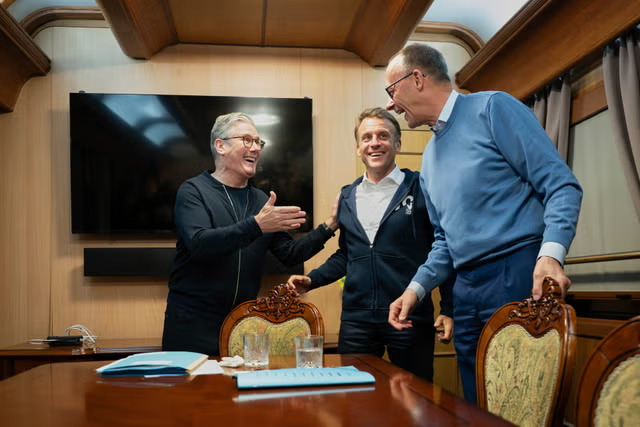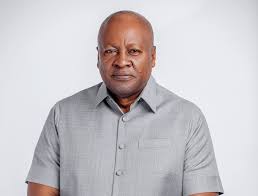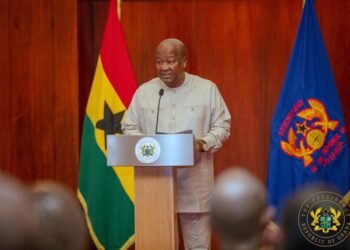Prime Minister Keir Starmer is holding urgent talks with European Commission President Ursula von der Leyen and French President Emmanuel Macron today, as pressure mounts to salvage a landmark Brexit reset agreement.
The eleventh-hour meetings are taking place on the sidelines of the European Political Community (EPC) summit in Albania, amid growing fears that the deal, set to be announced in London on Monday, May 19, may be in jeopardy.
The high-stakes discussions come just days before the UK is expected to reveal its revamped strategy for improving relations with the European Union. However, a series of last-minute disagreements threatens to upend months of negotiations and derail one of Starmer’s most ambitious foreign policy moves yet.
Speaking to reporters in Tirana, the Prime Minister sought to project optimism despite the tensions.
“In the last two weeks, you’ve seen the UK do a trade deal with India, really important for our country and our national interest, and a trade deal with the US, again really important for our country and our national interest. I’m positive going into Monday, and I think that this is an important moment for our country that will be measured in the benefits to working people and their living standards.”
Prime Minister Keir Starmer

The UK is seeking to secure smoother trade relations and reduce post-Brexit barriers that have hindered British businesses. The proposed deal reportedly includes closer regulatory alignment with the EU and enhanced defence cooperation. Government officials have described it as a vital complement to the recent trade agreements struck with India and the United States.
But European negotiators are pushing back on key terms. One major sticking point involves tuition fees for EU students. Several EU member states want European students to be eligible for reduced-rate tuition at British universities—a demand that could cost the UK government an estimated £1 billion annually.
Macron, EU Push New Demands
Adding to the complexity, President Macron is reportedly insisting that EU fishermen retain access to British waters. In exchange, the EU would agree to ease trade restrictions that have hampered the flow of goods across the Channel.
Critics have also voiced frustration over a proposed youth mobility scheme, claiming it lacks ambition. The plan, intended to allow young Europeans aged 18 to 30 to live and work in the UK temporarily, has been met with resistance due to what EU officials consider an overly restrictive cap on participants.
In response, a UK government spokeswoman reaffirmed the Prime Minister’s commitment to national priorities.
“No final agreement has been made. We are not providing a running commentary on our discussions with the EU; these are ongoing and cover a wide range of issues. We have been clear that we will always act in the national interest to secure the best outcomes for the UK.”
UK government spokesperson
Senior government insiders remain hopeful, suggesting that “a superb deal” is within reach. However, the outcome hinges on whether Starmer can navigate the complex web of competing demands before Monday’s planned announcement.
The reset deal is intended to serve as the third pillar of Starmer’s foreign trade offensive, following closely behind the India and US trade agreements signed earlier this month. Together, these deals are seen as critical steps in his broader economic strategy, aimed at boosting growth and attracting fresh investment.
Starmer is also eyeing the Gulf states as his next target for a sweeping trade agreement. His team believes that securing new deals with key global partners could unlock billions in economic potential and solidify the UK’s position as a post-Brexit powerhouse.
READ ALSO: Nana Akua Addo on Most Talked-About Costume for 2025 AMVCA



















